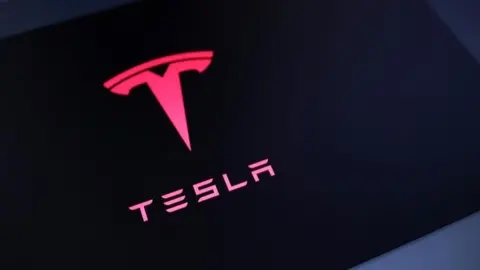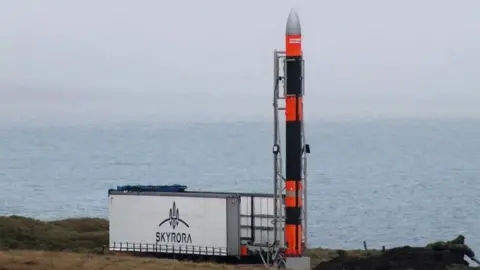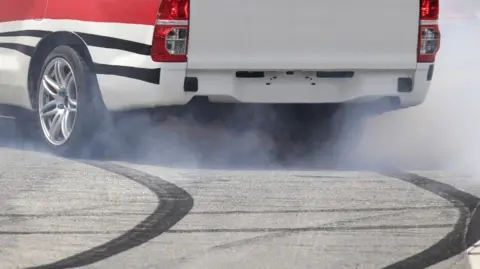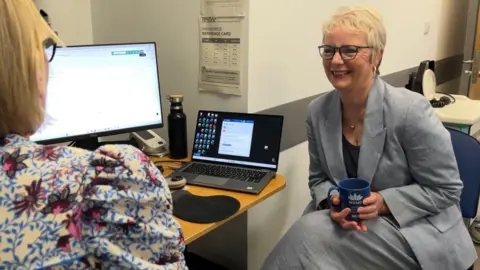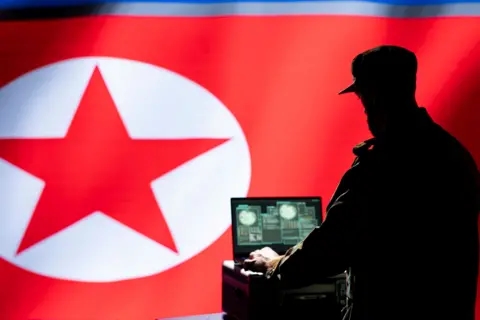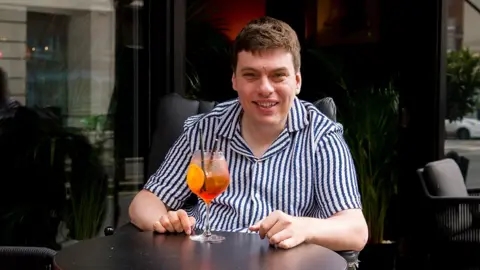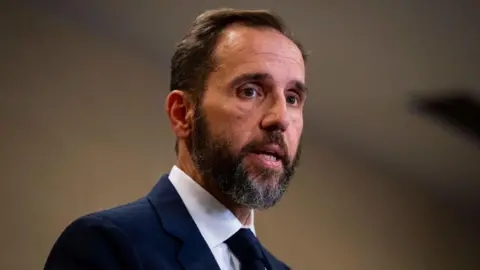A Florida jury has ruled that Tesla shares some blame for a 2019 accident involving its Autopilot system, which resulted in the death of a pedestrian and severe injuries to another. The decision comes after a lengthy legal battle over whether the automaker’s driver-assistance technology failed to prevent the collision.
The incident occurred when a Tesla Model S, operating with Autopilot engaged, struck two pedestrians at a T-intersection in the Florida Keys. The driver, George McGee, admitted he was distracted at the time, having dropped his phone while approaching the crossing. Neither McGee nor the Autopilot system applied the brakes before the impact.
The victims—22-year-old Naibel Benavides Leon, who died in the crash, and her boyfriend Dillon Angulo, who sustained permanent injuries—were standing near the intersection when the collision occurred. The jury awarded a total of $329 million in damages, including $200 million in punitive penalties intended to discourage future negligence. Tesla will be responsible for a portion of the compensatory damages and the full punitive amount, though legal experts suggest the latter may be reduced on appeal.
Tesla has strongly contested the verdict, arguing that the driver was solely at fault for speeding and failing to pay attention. The company maintains that no vehicle, even with current technology, could have avoided the crash under those circumstances.
This case marks a significant legal challenge for Tesla, which has long promoted its self-driving capabilities as industry-leading. Critics argue that the company has overstated the system’s reliability, putting drivers and pedestrians at risk. Legal experts note that while other lawsuits involving Autopilot-related fatalities have been settled, this is the first federal case to reach a jury verdict.
The ruling arrives at a difficult time for Tesla, which has faced declining sales and public scrutiny over CEO Elon Musk’s controversial statements. The company has also been accused of prioritizing technological advancement over safety, a claim reinforced by this latest legal setback.
As Tesla prepares to appeal, the case raises broader questions about accountability in the rapidly evolving field of autonomous driving. With regulators and lawmakers paying closer attention, the outcome could influence future safety standards for self-driving vehicles.
